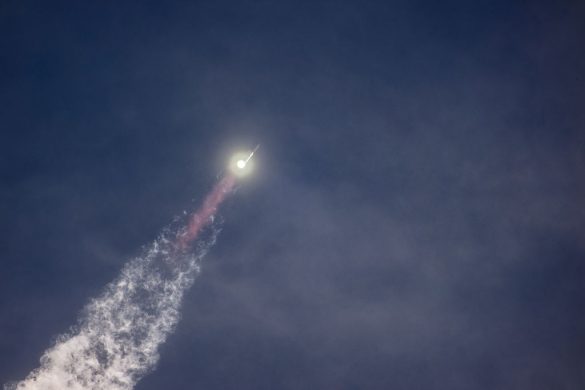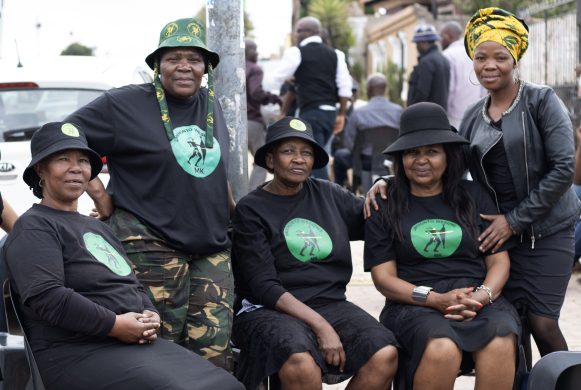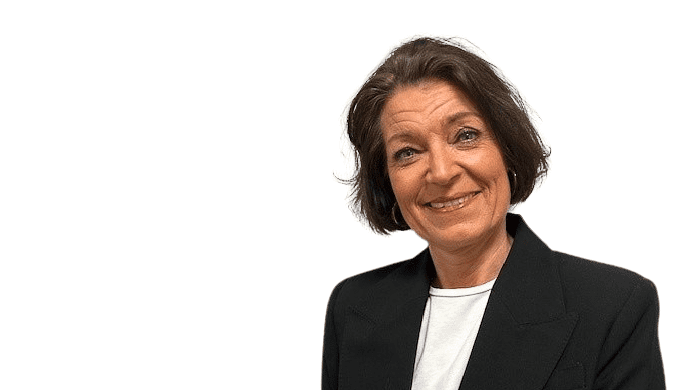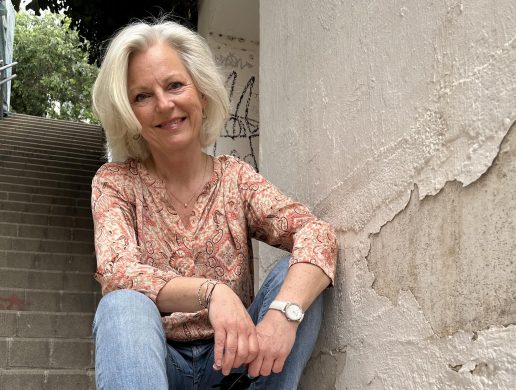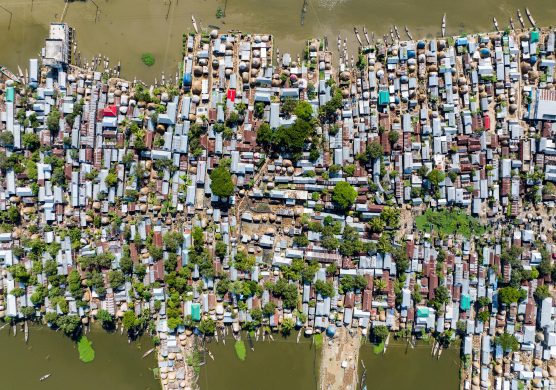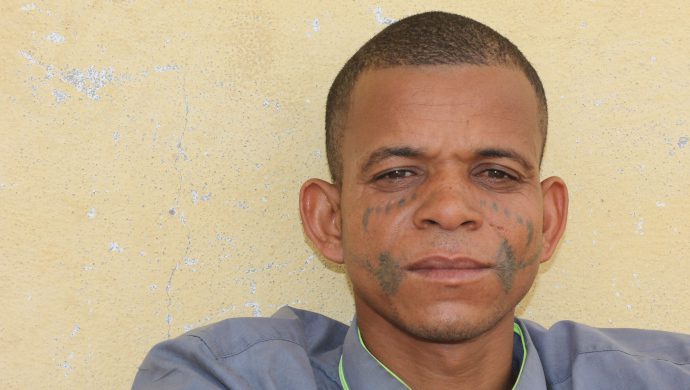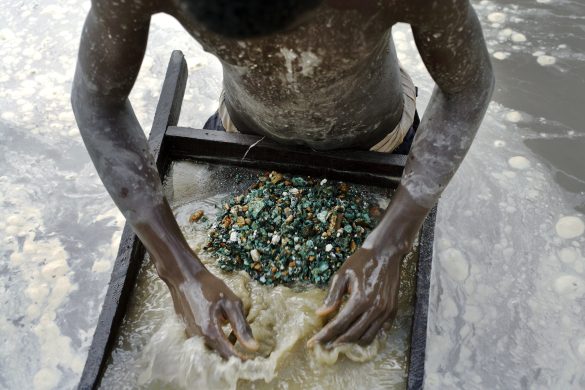Men den store bank i Washington D.C. advarer om, at behovene i Den 3. Verden for at højne infrastukturen er enorme og uden en langt større indsats fra den private sektor er der ringe chancer for at nå blot tilnærmelsesvis i mål.
SINGAPORE, July 18, 2014 (World Bank): The World Bank Group announced Friday that its financing commitments in roads, bridges, energy, clean water, and other critical infrastructure projects grew by 45 percent to 24.2 billion US dollar (henved 130 milliarder DKR) in the fiscal year 2014.
This is up from 16.7 billion dollar in the previous year. The jump in financing was due to increased demand from developing countries.
The increase comes against a backdrop of an overall decline in private sector investment in infrastructure across the developing world. Such investments – including through public-private partnerships – are considered critical in reducing poverty.
Commitments to Public-Private Partnerships (PPPs) and fully private projects declined by nearly 20 percent, from 181 billion dollar in 2012, to 146 billion in 2013, according to World Bank Group estimates.
The increase in World Bank Group financing marks the highest level of infrastructure-related lending by the World Bank Group since 2011, with the bulk of investment focused on energy and transport projects.
More from the private sector is needed
However, with global demand for infrastructure estimated at 1-1.5 trillion dollar (astronomisk beløb, red.) annually above current investment levels, much larger commitments from the private sector are necessary to meet help low- and middle-income countries boost growth and reduce poverty.
“It is clear developing countries badly need more infrastructure, and we are stepping up with more financing to provide clean drinking water for families, electricity so children can study at night, and better roads so farmers can get goods to markets,” said World Bank Group President Jim Yong Kim.
Kim welcomed the announcement this week of a BRICS bank and discussion around an Asian Infrastructure Investment Bank, saying that if those developments eventually provided more funding for infrastructure, the poor would benefit.
“Globally, we need additional funding for critical infrastructure projects, and so we welcome efforts that will lead to more long-term financing for transport, energy, clean water, and sanitation projects. We have to remember our real competition is ending extreme poverty as soon as possible and our shared goal is to build opportunities and improve the lives of the poor,” Kim said.
Kim is visiting Singapore where the World Bank Group focuses on leveraging risk instruments, credit enhancements and guarantees to promote public and private investment in infrastructure.
The Bank Group includes IBRD, provider of development loans to governments; IDA, the fund for the poorest countries; IFC, a private sector arm; and MIGA, an investment guarantee arm.
Singapore is the final stop of a five-country East Asia tour by President Kim, which included visits to China, Japan, the Philippines, and Vietnam.
BRIKS-landene udgør Brasilien, Rusland, Indien, Kina og Sydafrika.


